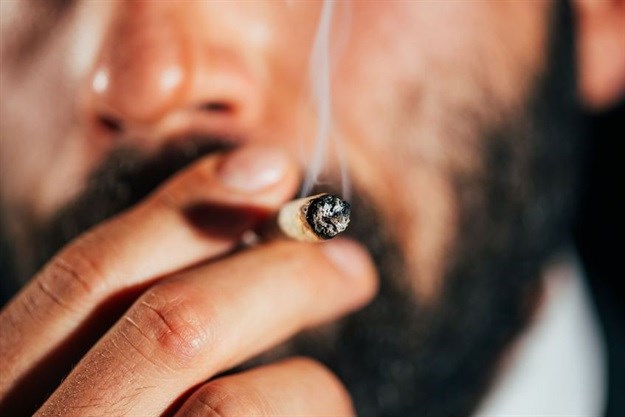
Marijuana has a colourful history in our country. The plant is thought to have been introduced by Arab and Indian Hindu travelers to locals, and by the time the Dutch arrived in the Cape in 1652, the local Khoikhoi and Bantu communities were already using it on a regular basis. Jan van Riebeeck even commissioned officers to purchase marijuana in then-Natal, as a means for facilitating trade with the Khoi. The plant soon grew a reputation as a substance popular among lower-economic communities.
The Dutch East India company tried to gain a monopoly on the cultivation of marijuana and prohibited cultivation in 1680. It was soon made clear that there was little profit to be made, and the ban was lifted in 1700.
By 1860, Indian labourers arrived on South African shores and brought with them a love of marijuana and hashish. The authorities, however, believed it negatively impacted the work ethic of the labourers and in 1870 Natal’s Coolie Law Consolidation act prohibited the use of the plant.
By 1891, the Cape Colony outlawed the plant under Act 34, and the Free State was to follow in 1903. National regulations on the plant were implemented in 1921, and by 1928 it was wholly criminalised in South Africa under the Medical, Dental, and Pharmacy Act.
On 31 March 2017, Gareth Prince, Jeremy Acton and Jonathan Ruben brought a case before the Constitutional Court to lift the long-standing incriminating laws on the plant, and the rest is history.
Marijuana users are not yet in the clear, though. Although private use and possession of the plant are now legal, there are still many grey areas and hurdles surrounding its exact legal status. A memorandum must be drawn up by government by September 2020 that lays out exact laws and regulations, and this must be voted in by parliament once completed.
But now that ownership of marijuana is legal, many South Africans with long-standing criminal offences for possession are wondering if and how their criminal records can be scrapped.
“So many South Africans are facing great challenges because of their offenses, which range from being unable to get a job overseas to obtaining a commercial pilot’s license. And this for possession of a tiny bit of marijuana, very often during their youth or student years,” says Inge Johnson, Attorney at Faure & Faure Inc.
If a criminal record for possession of marijuana is more than 10 years old and the accused has no other offenses and has not served jail time, an application can be made to the Director-General of Justice and Constitutional Development along with a police certificate that shows that the offense is older than 10 years.
A certificate of expungement will be issued if the application is successful. It will then be submitted to the head of the Criminal Record Centre of the South African Police Service, to scrap the criminal conviction. If the application is not successful, the applicant will be notified of the reasons. You can find out more about the exact process here.
“The problem lies with those who have a criminal record that is less than 10 years old,” says Johnson. “Why should someone - most likely a younger individual - be denied rights and opportunities simply because their conviction is not yet ‘old enough’?”
“Faure & Faure will approach the Director-General to get more clarity and certainty on the matter,” says director of Faure & Faure Inc., Lloyd Fortuin.
“The road to fully decriminalising the use and possession of marijuana is a long one, but we believe there is light at the end of the tunnel. We recommend that, for now, you seek the best legal advice at your disposal to facilitate the process of clearing your name of an offence that is ludicrous and unconstitutional.”